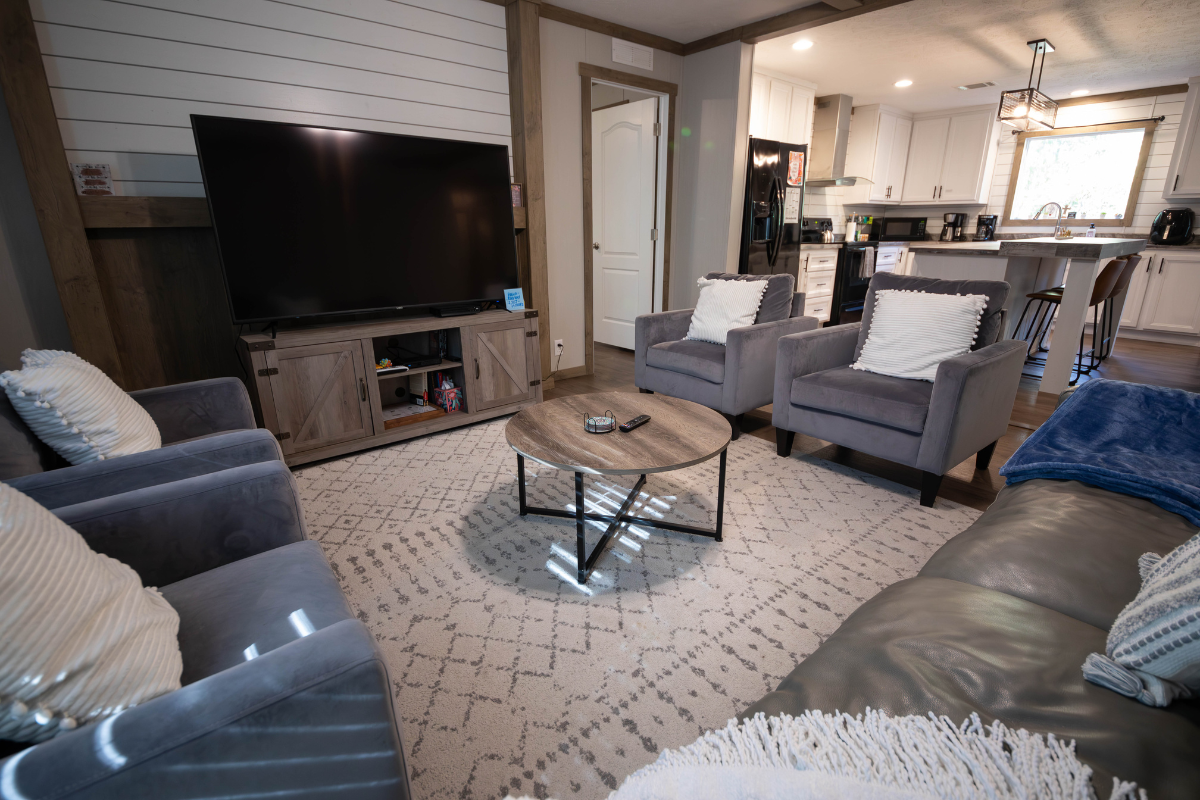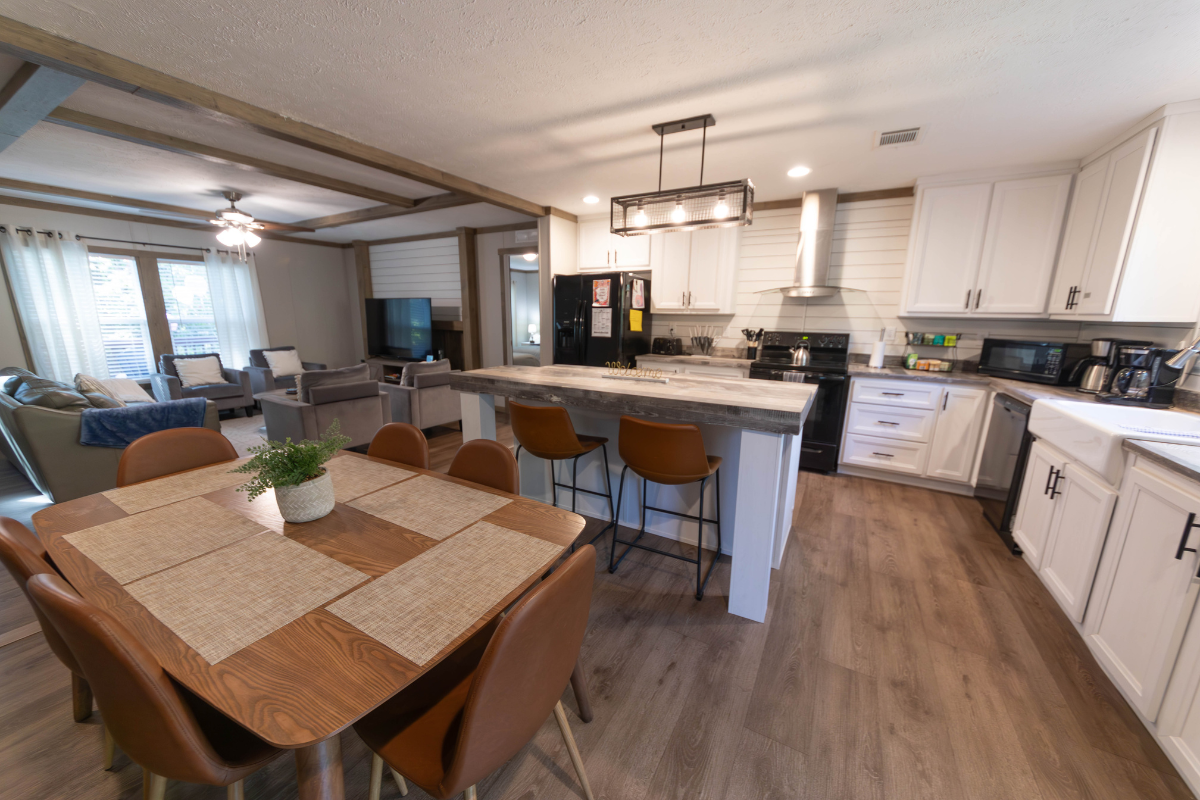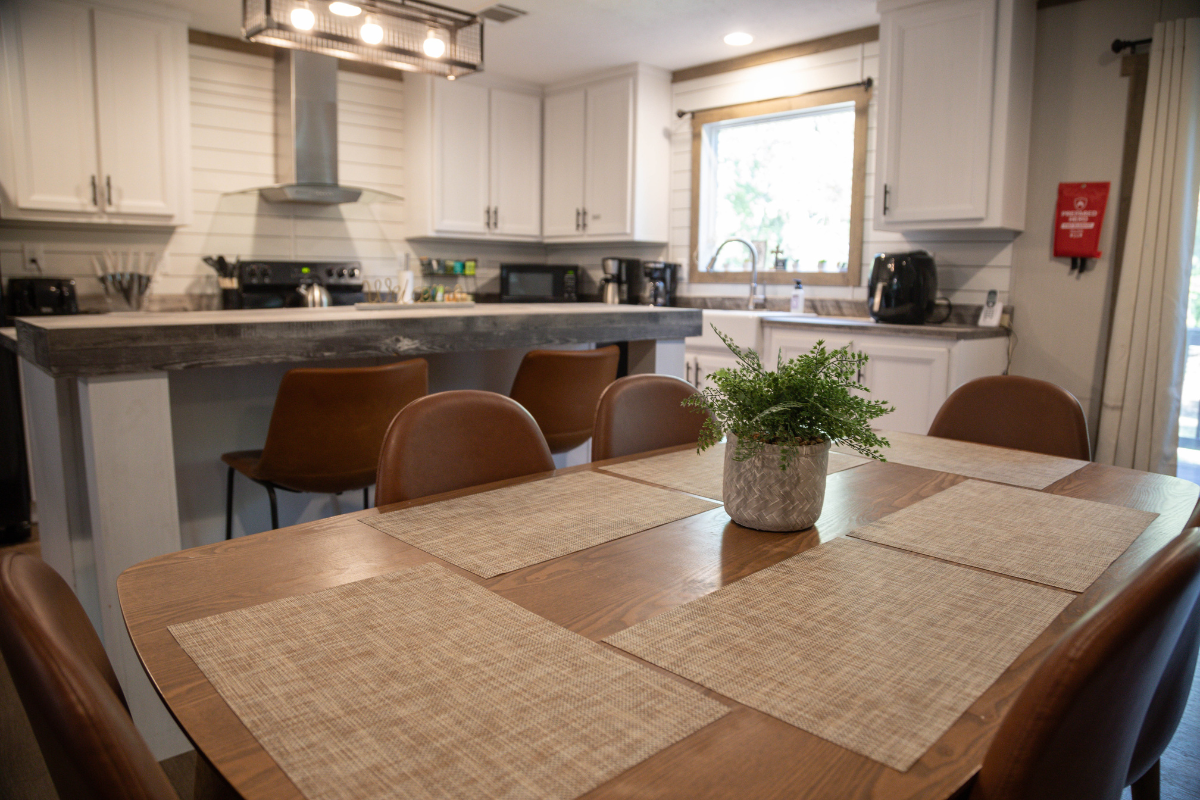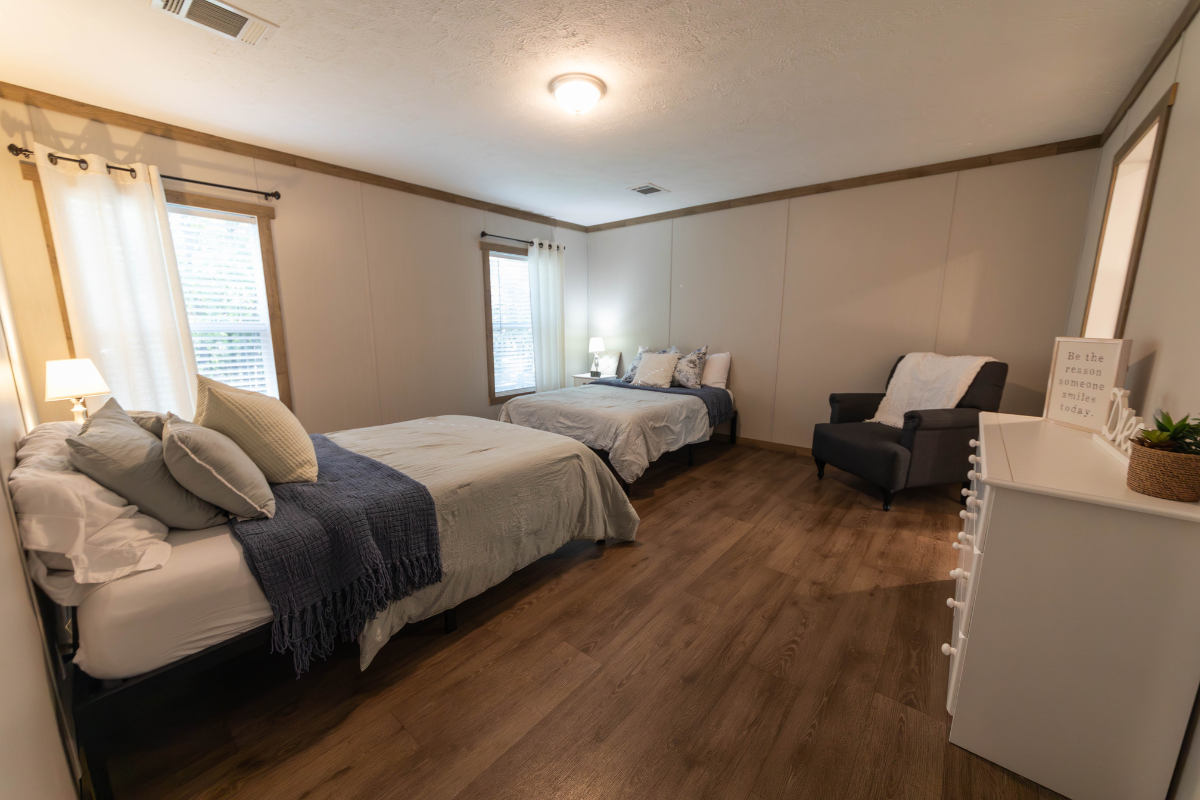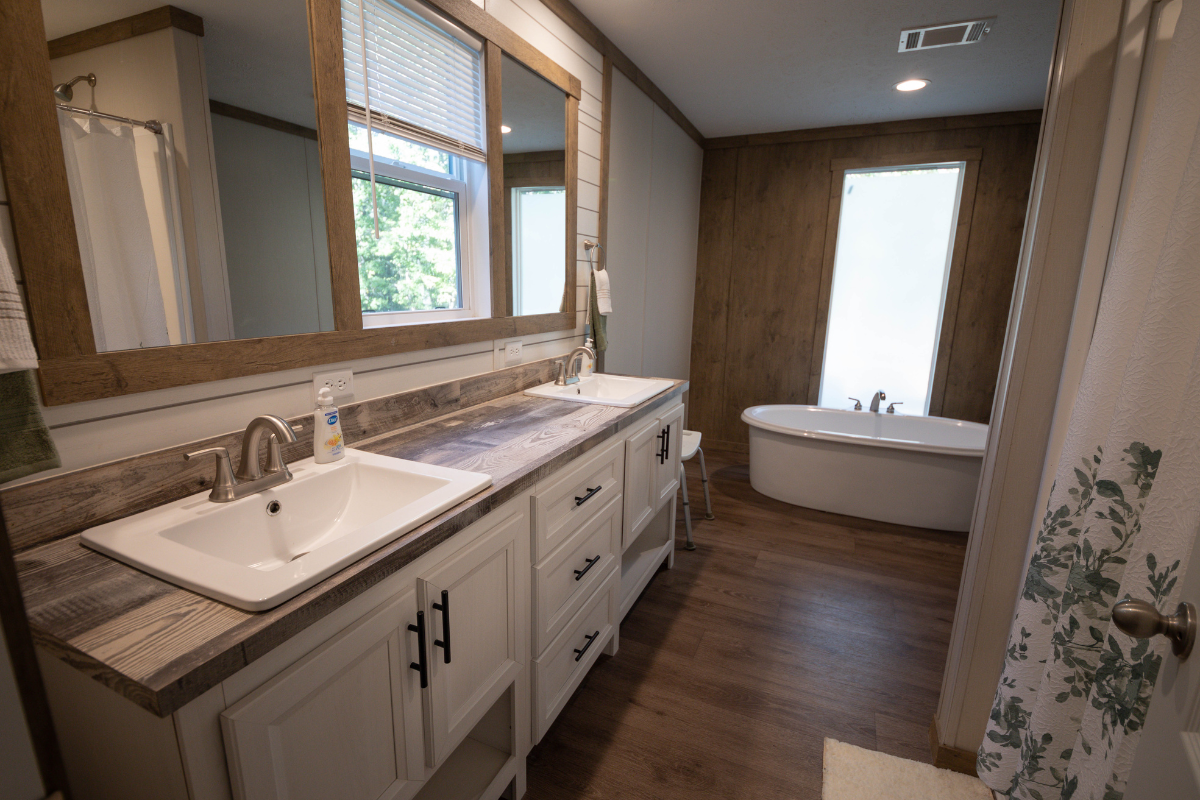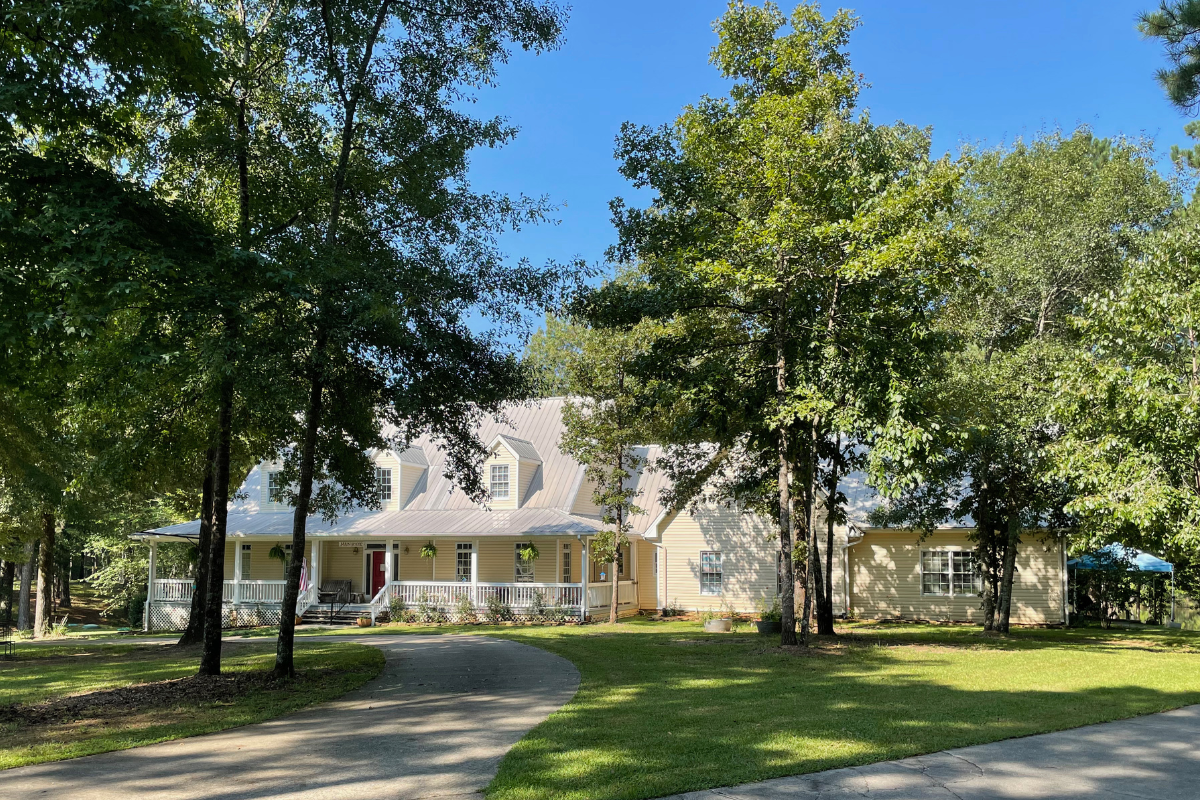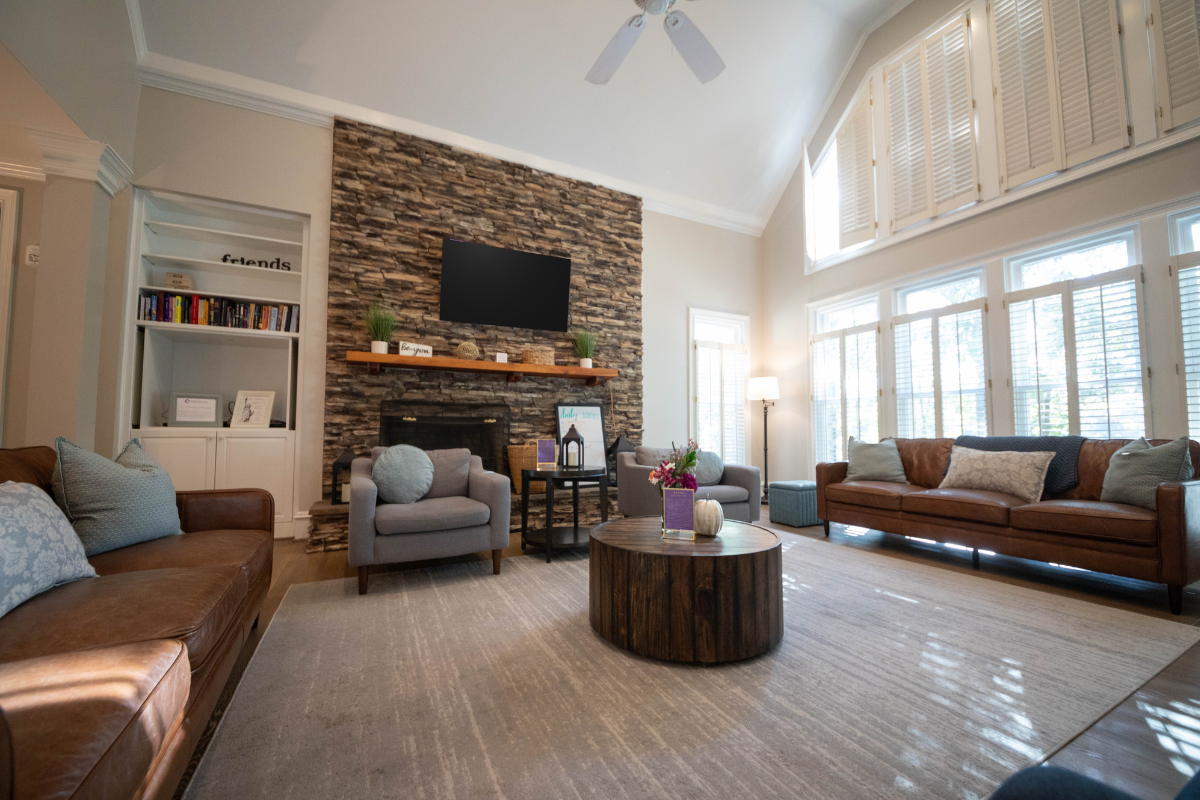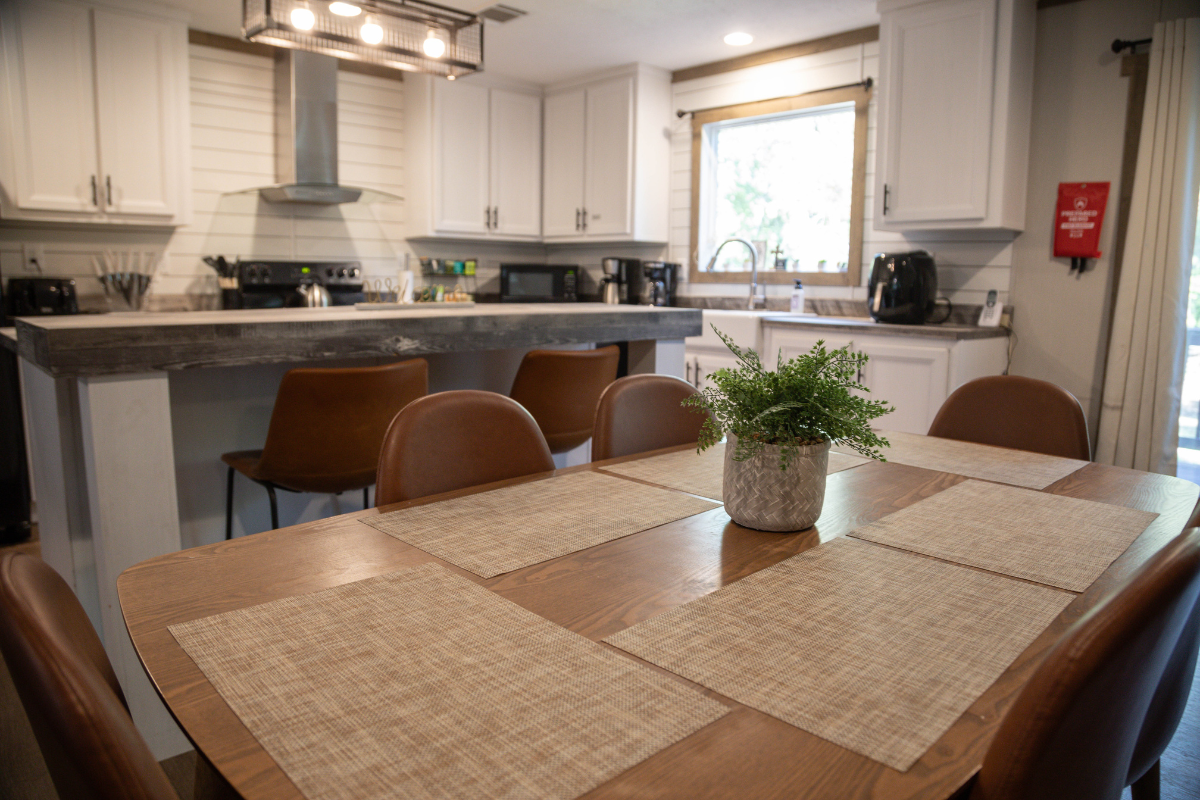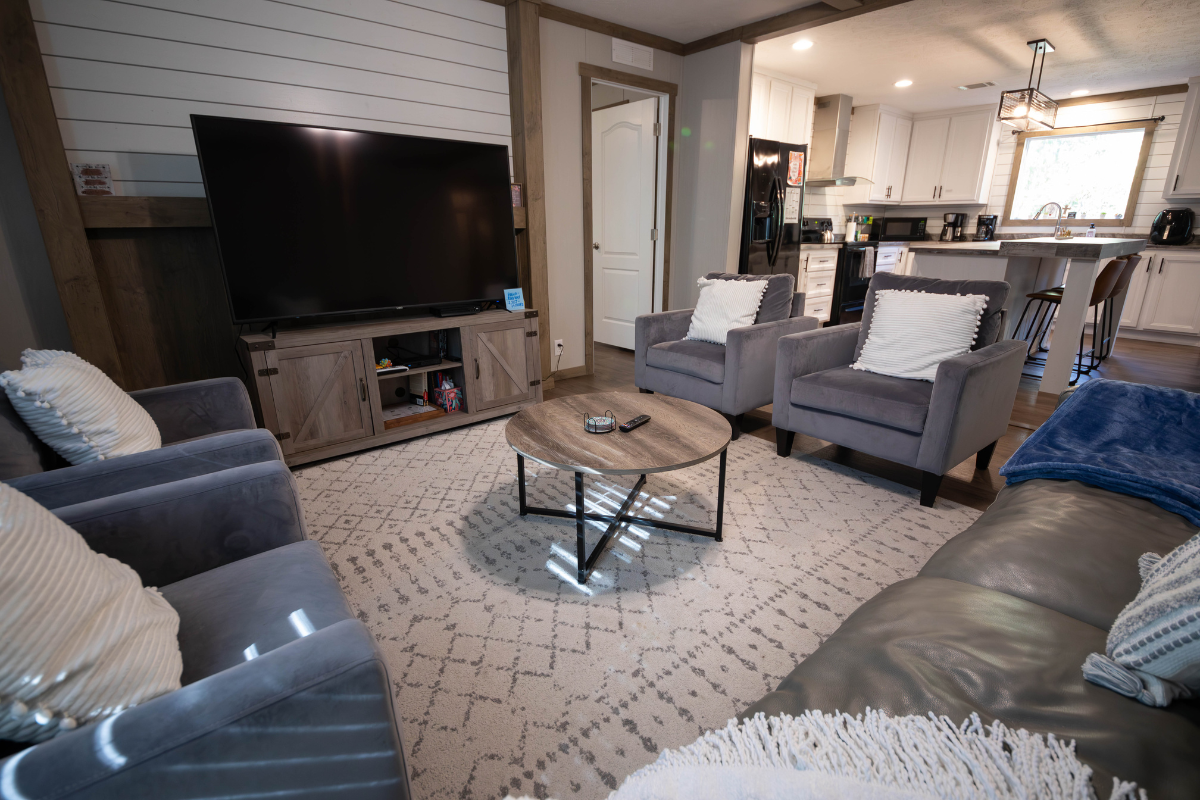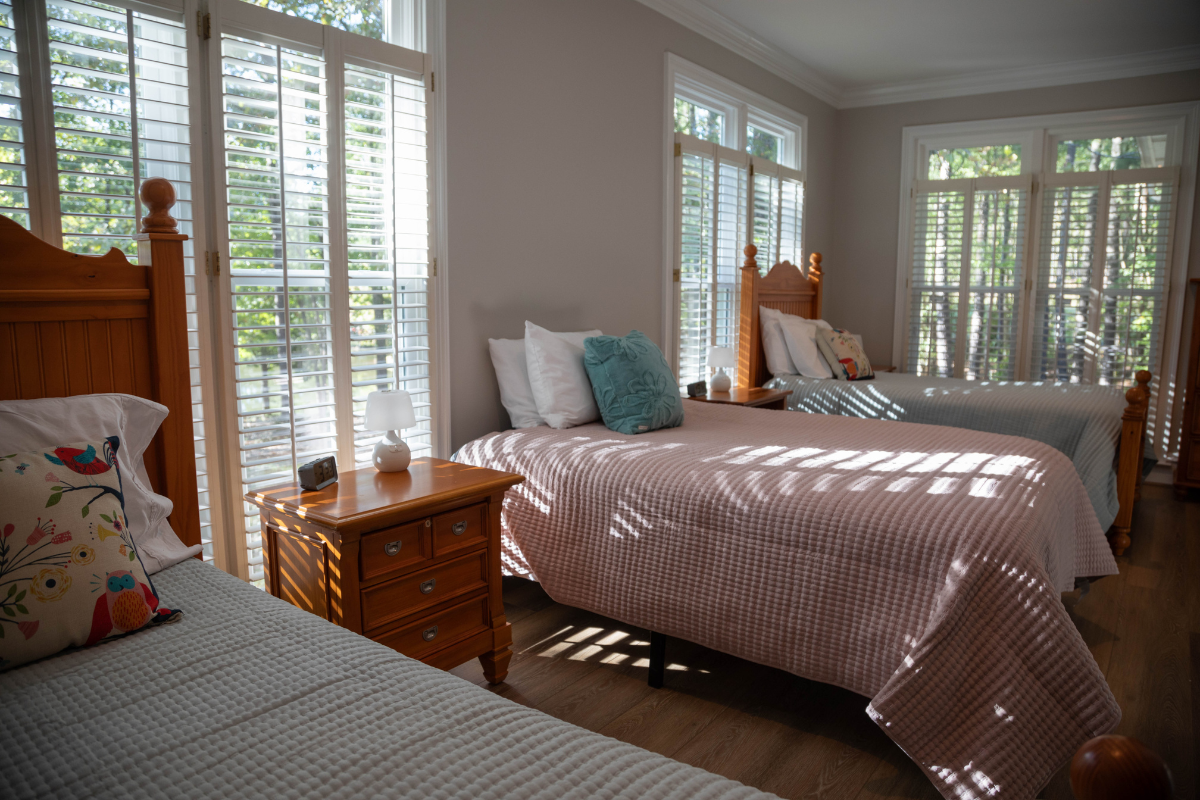Magnolia Creek offers PHP with or without housing for adult women (ages 18+) and adolescent girls (ages 12-17).

Combining the structure and focus of residential treatment with the flexibility to support real-life reintegration, our PHP empowers clients to strengthen recovery skills and build confidence in a supportive, therapeutic setting.
Why choose Magnolia Creek for PHP?
Magnolia Creek’s partial hospitalization program (PHP) provides structured support with greater independence, allowing clients to commute daily or reside on campus. Those continuing from residential care work with the same trusted team, maintaining therapeutic momentum while gradually reintroducing daily routines, personal responsibilities, and the freedoms essential for lasting recovery.
Our Partial Hospitalization Programs
Experience expert, evidence-based eating disorder care in a private, retreat-like setting designed for rest, reflection, and renewal.
Specialized care for adult women, ages 18+
Specialized care for adolescent girls, ages 12–17
What We Treat
As a dually licensed treatment facility, we help clients find freedom from a range of eating disorders and co-occurring conditions, including serious mental health conditions and substance use disorders.
Step into healing at your own pace.
Magnolia Creek offers two distinct levels of care — residential treatment and partial hospitalization — with a focus on tailoring each client’s treatment plan to their unique diagnosis and recovery goals.
The Magnolia Creek Difference
We offer whole-person, evidence-based care that goes beyond symptom management — encouraging lasting recovery through culinary integration, treatment for co-occurring disorders, and lifelong support at every stage of healing.
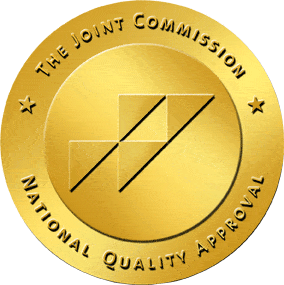
Magnolia Creek holds top-level accreditation from The Joint Commission, ensuring the highest quality care for every client.
We continuously track treatment outcomes to support our clients and enhance our approaches for the best possible results.
We are licensed to treat both eating disorders and mental health disorders, including substance use disorders.
Our aftercare and alum programs provide ongoing support and connection for our clients throughout their recovery journeys.
Voices from Our Community
"Magnolia Creek changed my life. My team cared deeply in listening to me, working with me as an individual, and making sure I had the support I needed to recover properly."
Grateful Alum, Magnolia Creek
Flexible payment options
Magnolia Creek strives to make treatment accessible by offering a number of payment options and working closely with each client to find a payment method that meets their needs.
In-network insurance providers:
- Aetna
- Behavioral Health Systems
- BlueCross BlueShield (BCBS)
- Cigna
- Humana
- Multiplan
- PHCS
- Quest Behavioral Health
- TRICARE (certified non-network)
- VIVA Health
- United Heathcare
We accept most major insurance providers, work with select out-of-network plans, and offer reduced rates for private-pay clients. Please note that we do not accept Medicaid or Medicare.




Renew your hope at Magnolia Creek.
Contact us today or complete our form to connect with an admissions specialist who will guide you to the right program. Healing is just a call away.
Your privacy is our priority. All communication is completely confidential.































